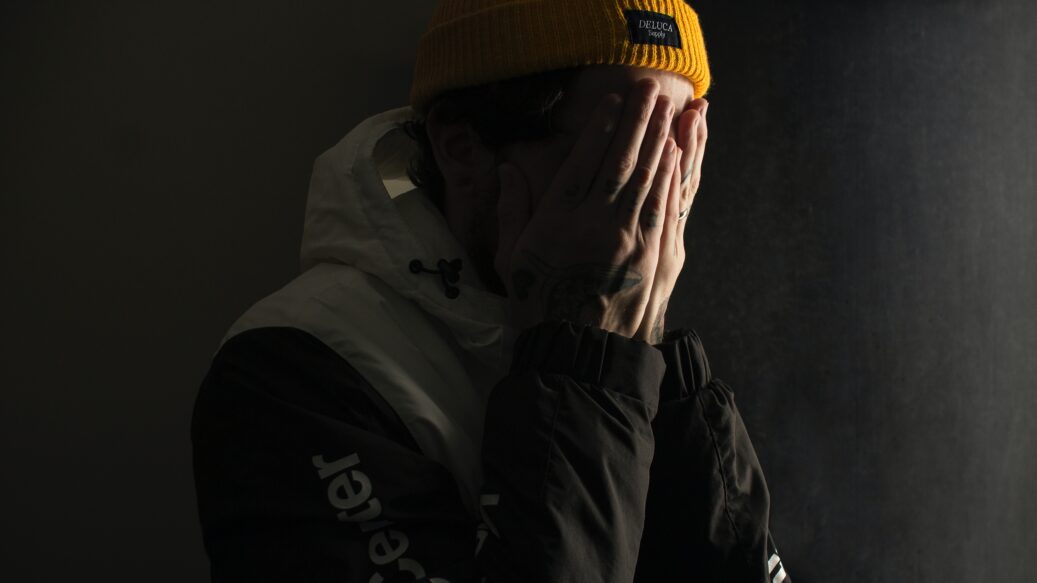Men, What are You Hiding Behind?
“Who left the seat up?” That would be me.
“Sir, do you know how fast you were going.” Yes, officer, I do.
“Did you forget to shut the garage? Again?” Guilty as charged.
“Pastor, I struggle with pride.”
“I have to confess, that wasn’t entirely true.”
This may be an over generalization, or it might just be me, but I’m much better at admitting guilt than confronting and overcoming shame.
Shifting blame tempts us; denying fault tugs at us, but when your hands are red, denial only delays the inevitable. Better just to swallow your pill and get it over with.
For me, guilt much easier to deal with. Mainly because it is more transactional. You do wrong; admit it; pay the consequence, and move on. Shame is different. Shame—the painful feelings of humiliation and distress associated with poor, wrong, or sinful choices—often linger long after the guilt ends.
The Reasons for Shame
Genesis 2:25 gives us some important insights about dealing shame. “Adam and his wife were both naked, and they felt no shame.” There are three important realities hinted at in this short verse.
- Shame is a post-fall condition. We feel shame because of sin. Shame is a post-fall condition that every human deals with to one degree or another.
- We feel shame because we are afraid of being exposed as weak, fraudulent, incompetent. We all mess up. We all sin. We all struggle. It’s one thing to admit this general truth. It is quite different to admit and own personal failings and shortcomings.
- We experience shame as a means of self-protection because the world is full of less than trustworthy eyes and ears. At once we fear our shortcomings being exposed while judging, biting, and devouring others for their own failings.
Before Shame
Before sin, the man and his wife were naked and perfectly capable of viewing each other with love and grace while simultaneously being seen as they truly were by the other. We did not have anything to hide and we did not judge. In the garden Adam did not hide behind vocational accomplishments, lesser identities, machismo, or masks to cover insecurities—he did not need to. He was just himself, and that was enough. He did not view Eve as an object to conquer, dominate, or possess. Rather, he saw her as she was.
Beyond Shame
Overcoming shame is hard internal work because it causes us to come to grips with who we really are. It demands that we be honest about our own sins and the fear of being exposed. Dealing with shame means admitting that we do not have everything under control. That we are weak, needy, and broken and in our brokenness we denigrate the image of God in others.
Men, what are you hiding behind? Do you have the courage to see and be seen as you truly are?
So, what can we do? A first step is to take a few minutes each day over the next week to sit before God with these questions:
- Lord, please show me those areas of shame that keep me from being who you have called me to be.
- Lord, please show me how and when I am being a shame-inducing person by how I view and treat others.
About


